Search
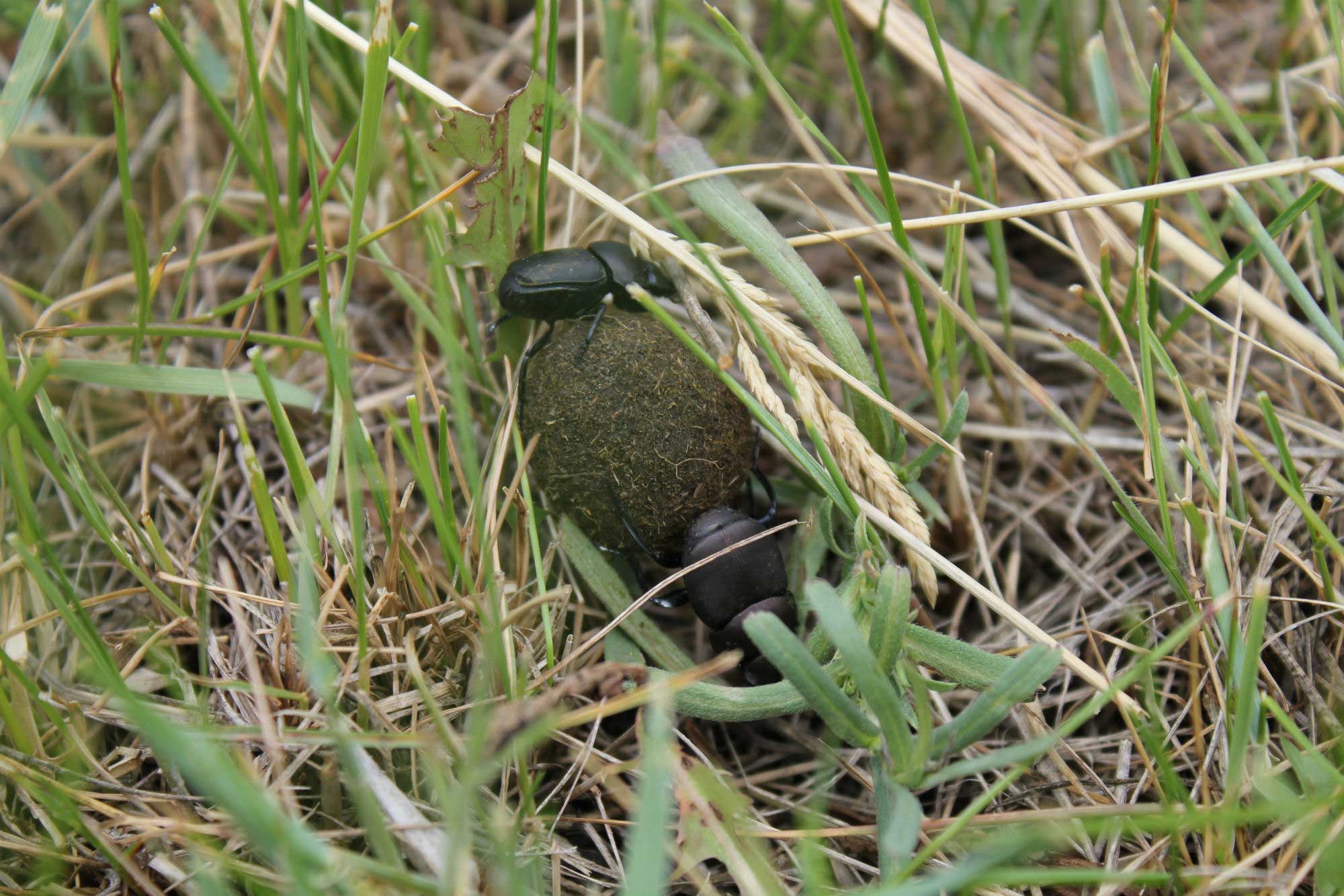
Managing Livestock for Dung Beetles and Other Beneficial Species
South Dakota researchers have taken a closer look at the function of dung beetles in Eastern South Dakota over the last few years. This article summarizes findings related to management of livestock grazing and chemical pesticides in relation to dung beetle and insect community health.
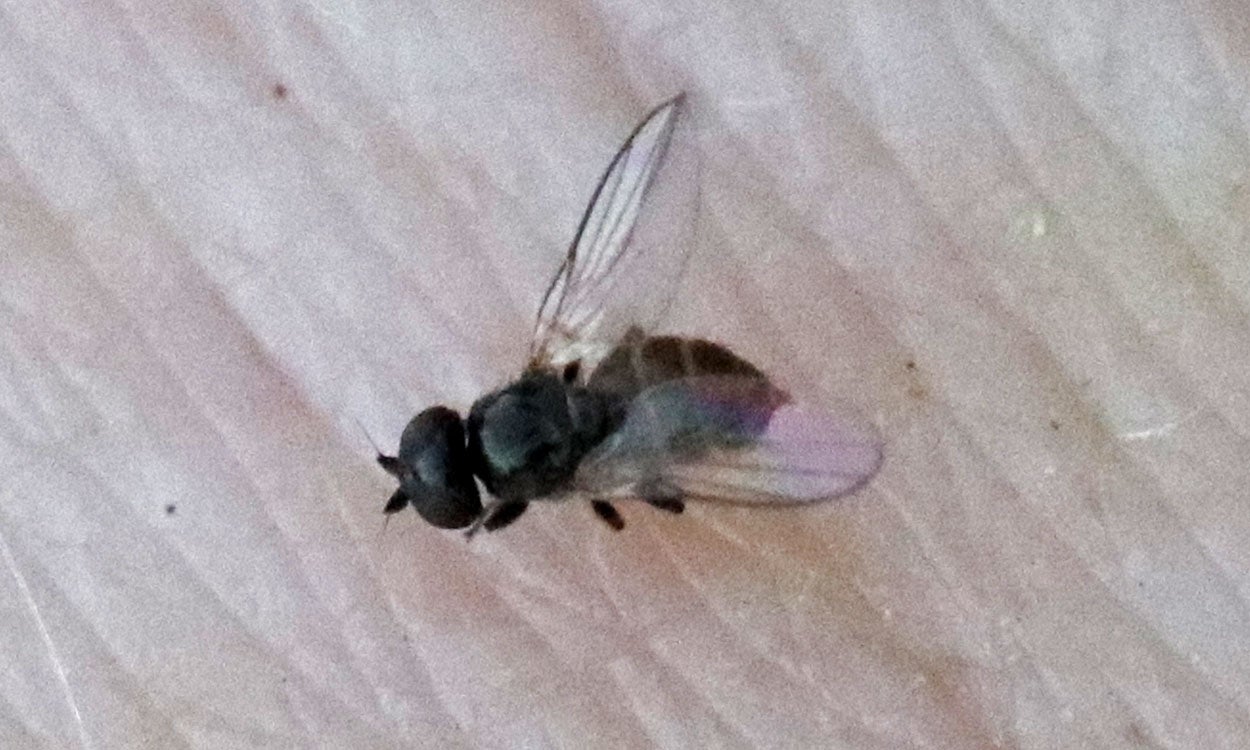
Monitor Livestock, Pets and Yourself for Eye Gnat Activity
While being outside this week, I noticed a lot of small gnats flying around my legs and really bothering my dogs. I caught a few and identified them as eye gnats. Although this pest is considered a nuisance in most cases, it is capable of transmitting diseases and pathogens.
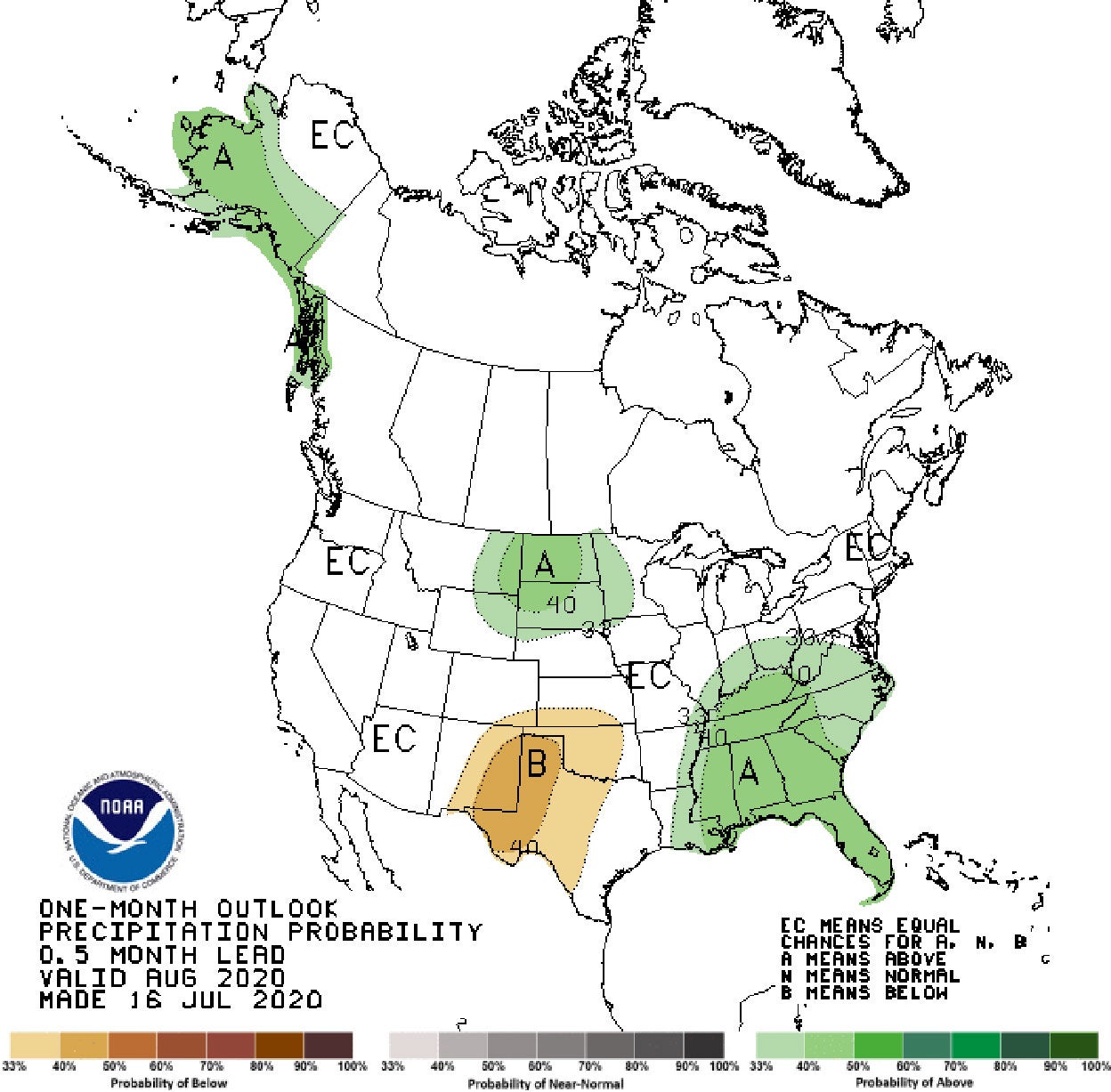
Late Summer 2020 Climate Outlook
Drought concerns in South Dakota may be relieved later this summer, according to the NOAA Climate Prediction Center’s seasonal outlook released this week.
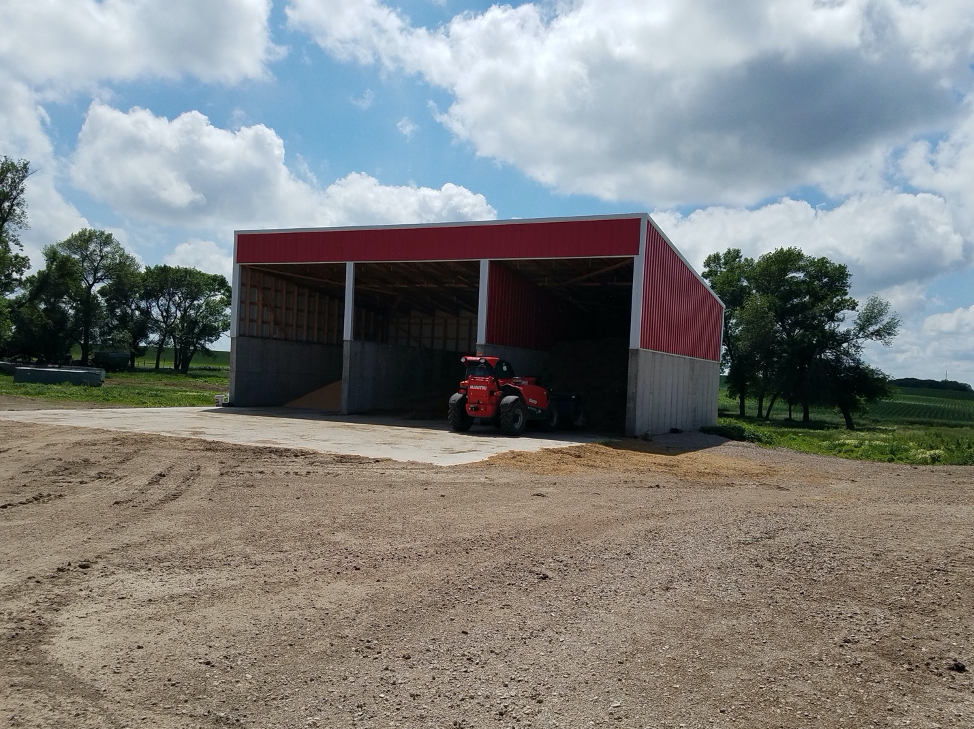
Managing Through Feed Supply Disruptions
August 10, 2020
One of the latest issues to result from the COVID-19 pandemic is the changes in the distillers grain marketplace.
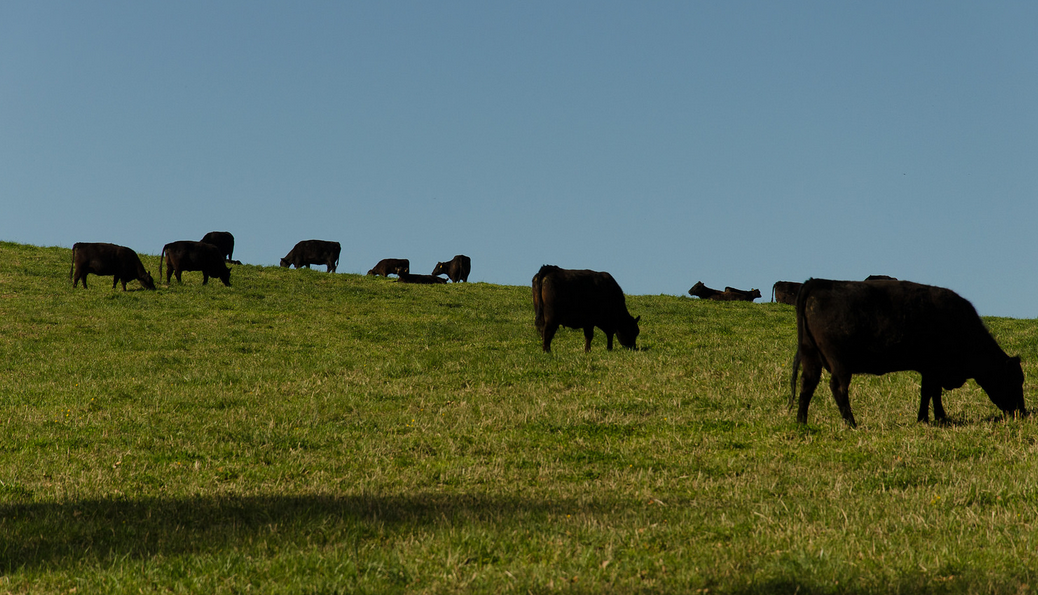
Protein Supplementation Options With Grazing Cattle
COVID-19 and the energy economy has had a dramatic negative impact on the ethanol industry, resulting in limited availability of corn distiller’s grains. This has changed availability and pricing of protein feeds.
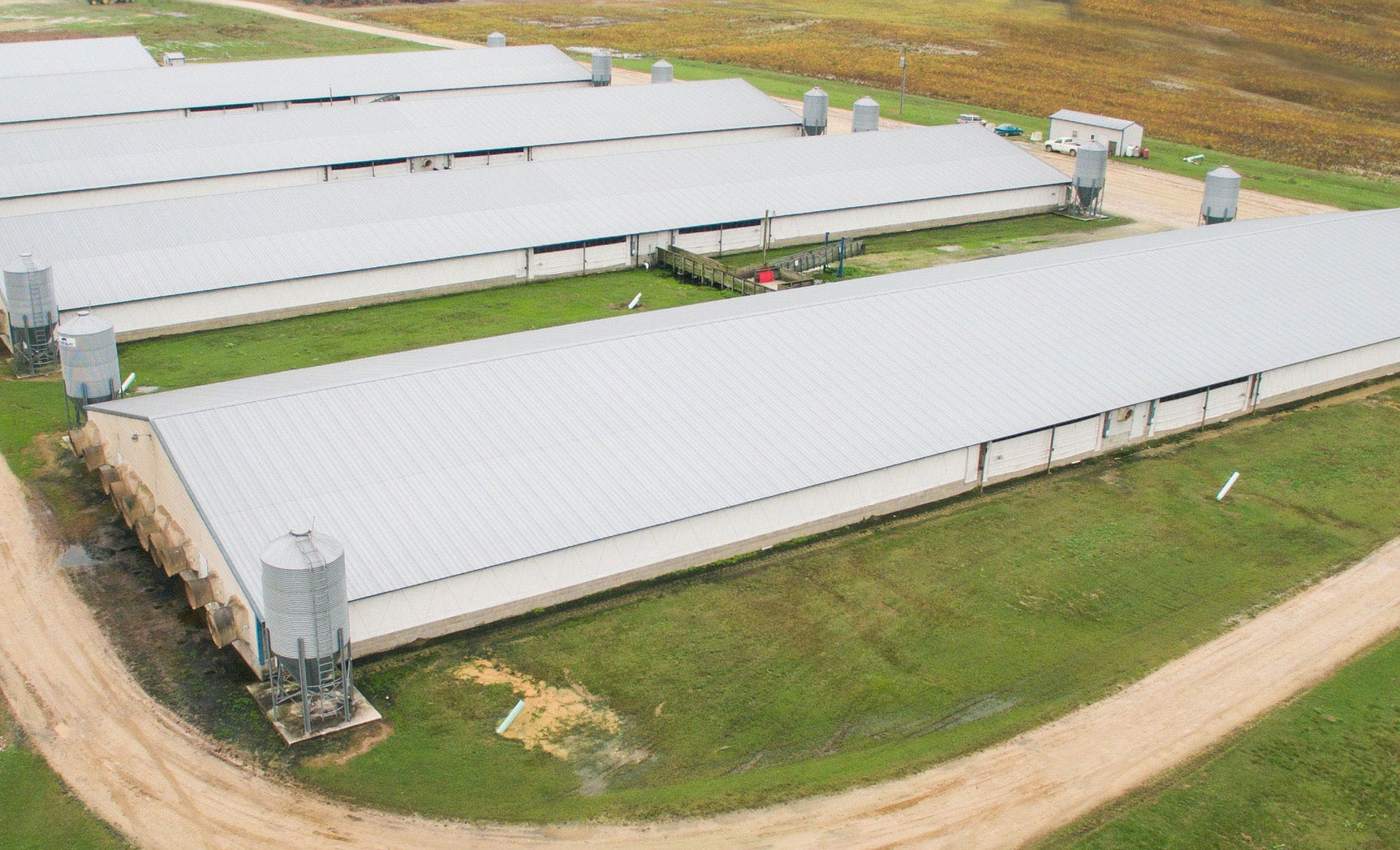
Methods to Slow Finishing Pig Growth
In abnormal situations, like with the packing plant closure we’re currently dealing with, pork producers may need to “hold” their pigs past normal marketing dates in order for other processing options to open up. We can accomplish that in two ways: altering internal barn environment and changing diets.
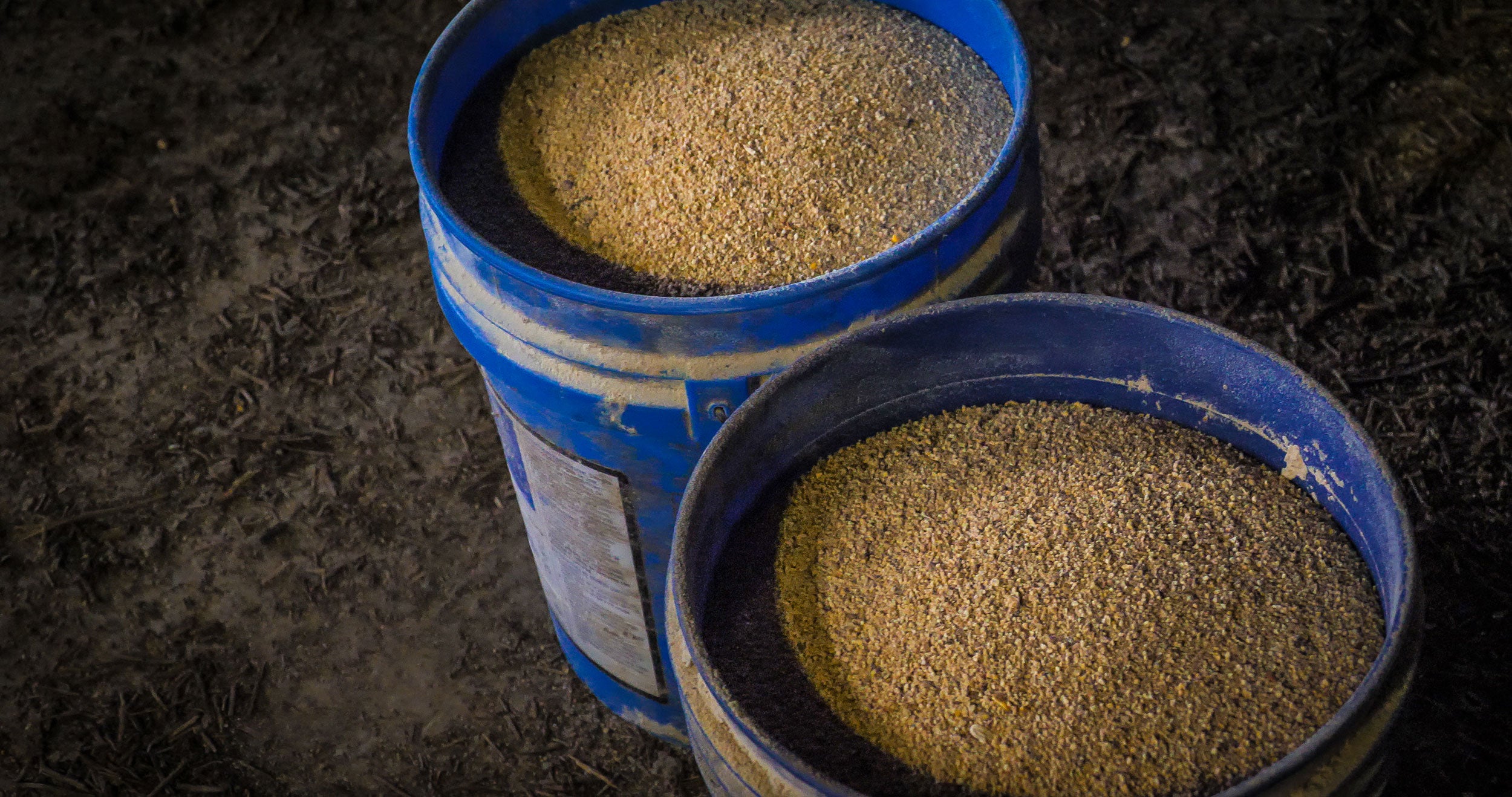
Evaluating Feedstuffs on Nutrient Cost-Comparison Basis
Feed costs in dairy diets typically make up half or more of the input expenses of a ration. Thus, it is imperative to keep a handle on input costs by comparing ingredients on an apples-to-apples basis when looking for cost-effective diet solutions.
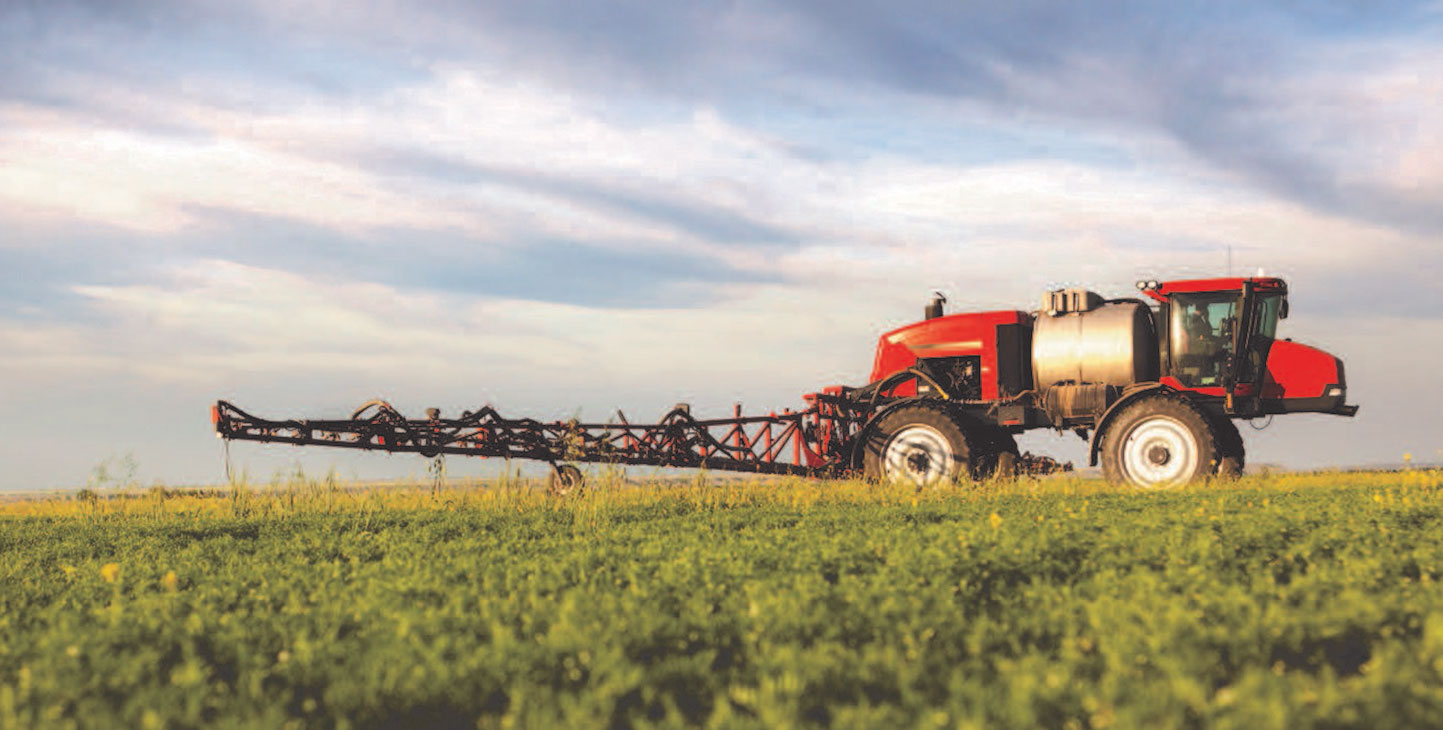
How to Stop Drift
The goals of applying any crop protection products include: increasing effectiveness, mitigating drift, and maximizing profits. We will focus on mitigating drift, even though all three interact with each other.
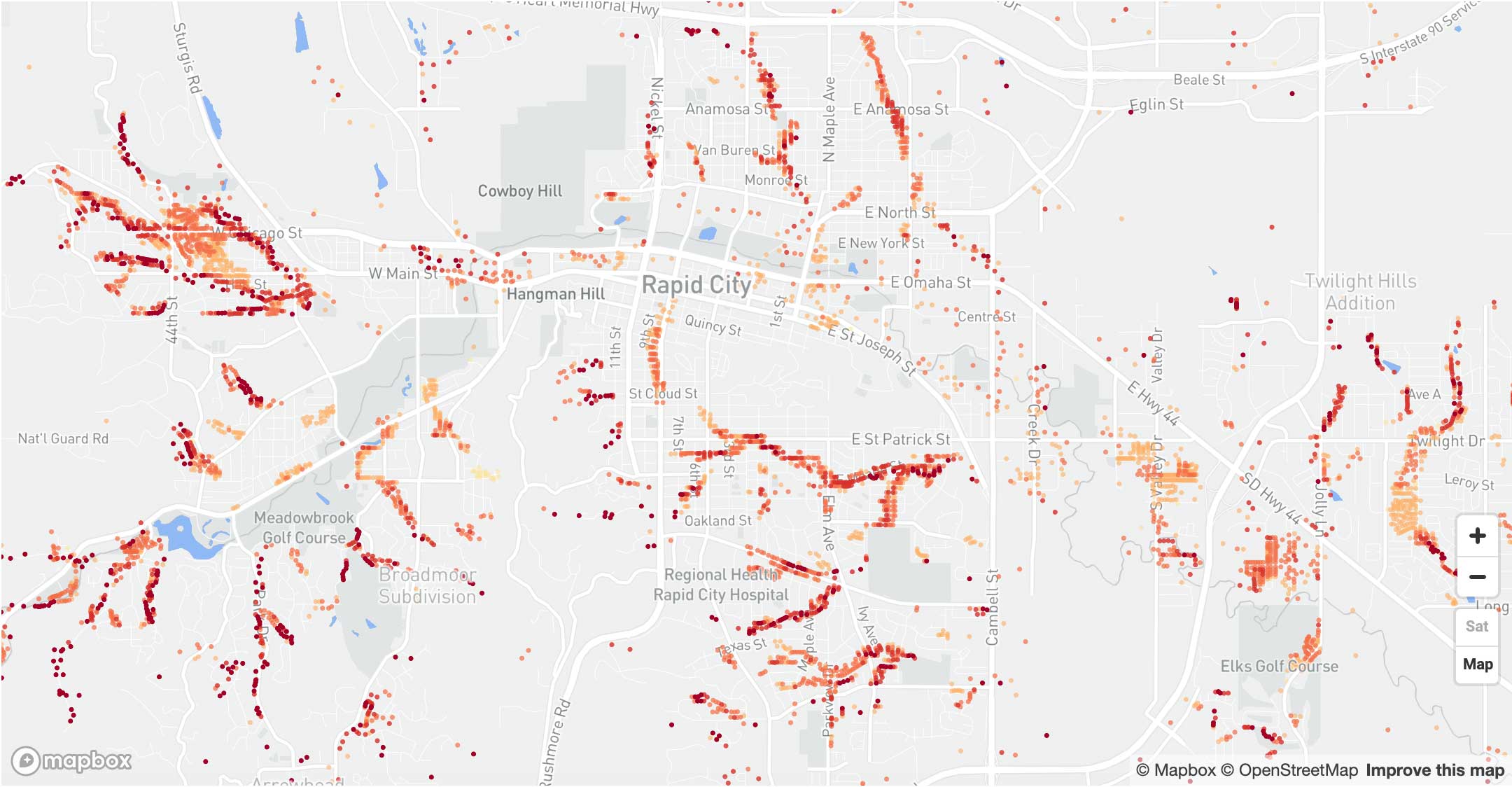
South Dakota’s Changing Flood Risk
South Dakota’s flood risk is increasing in some areas of the state according to a recent report from the First Street Foundation. In 2020, 62,600 total properties are at substantial risk, with a projected increase to 63,000 properties by 2050.

Johne’s Disease Testing in Beef Herds: Looking at the Available Tests
Once thought to be a dairy cattle problem, Johne’s Disease is increasingly a topic of conversation for beef seedstock and commercial producers alike. An understanding of the Johne’s Disease testing options available is a good first step in devising a herd health plan.